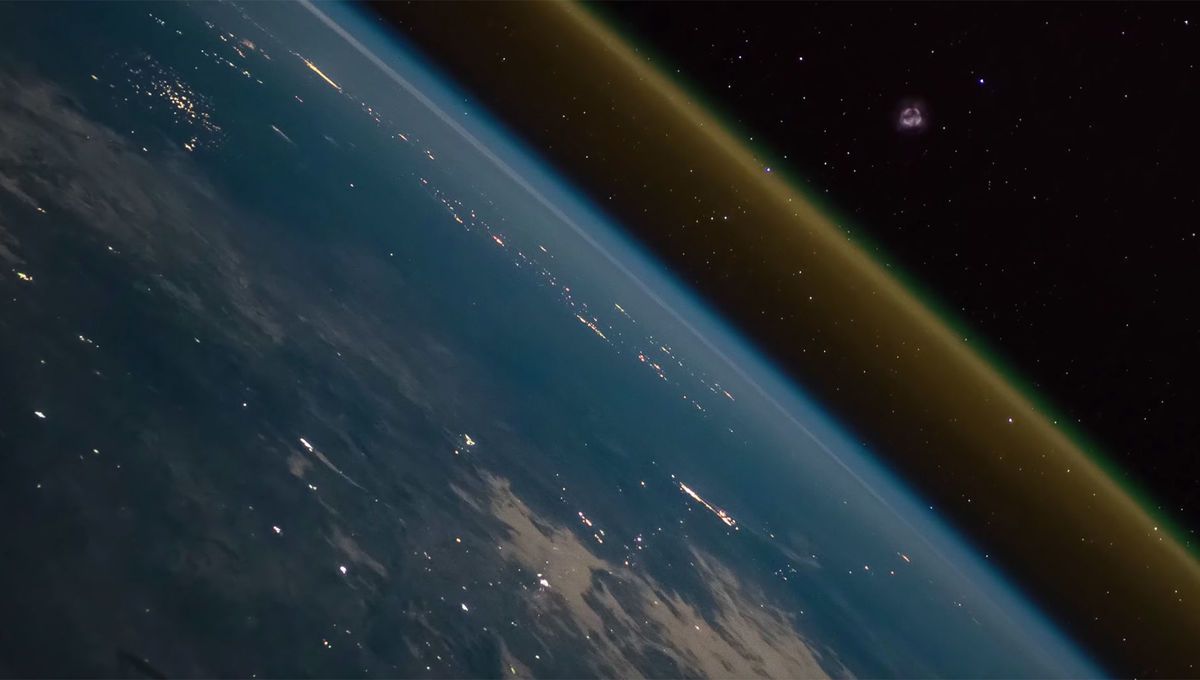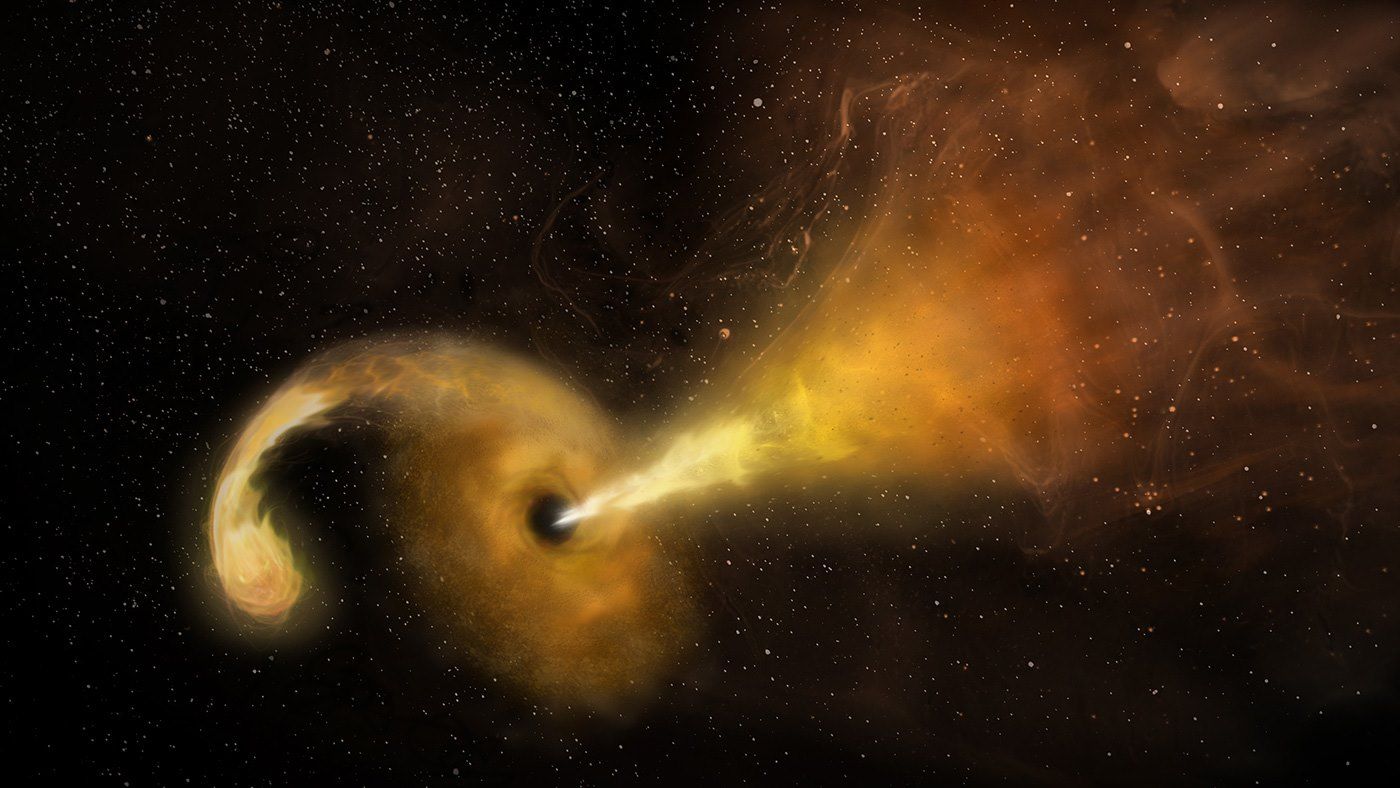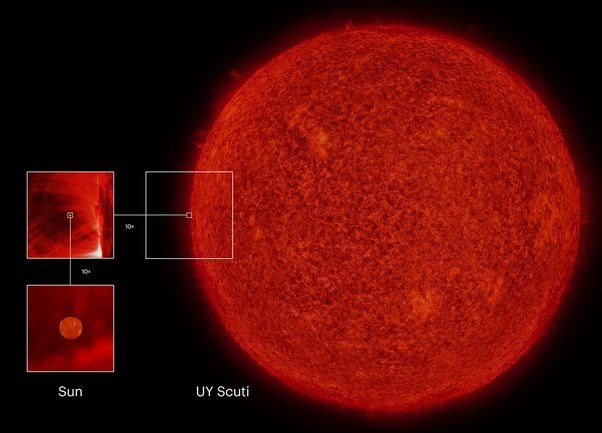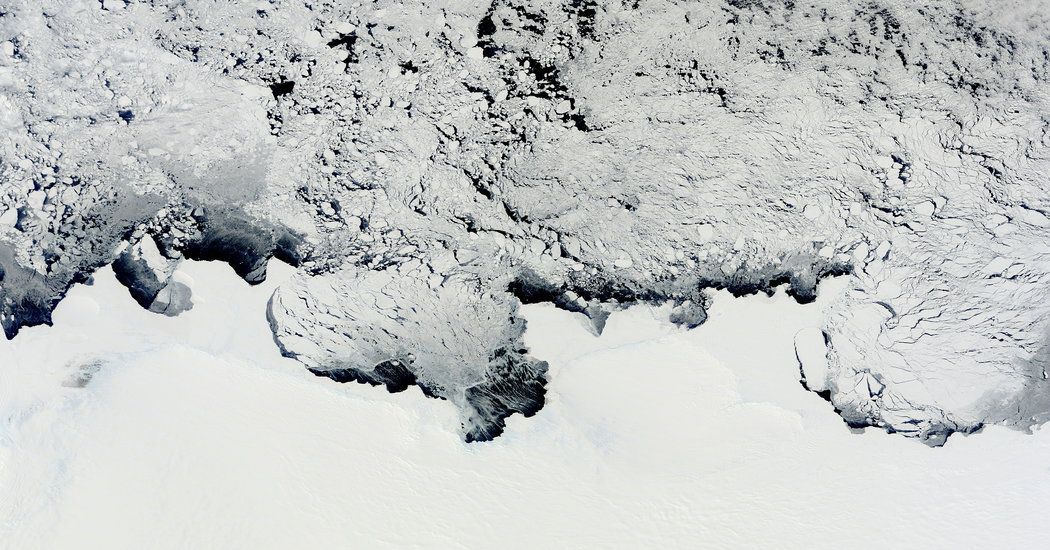Page 9682
Nov 23, 2018
Stopping Cancer Cells in Their Tracks
Posted by Genevieve Klien in category: biotech/medical
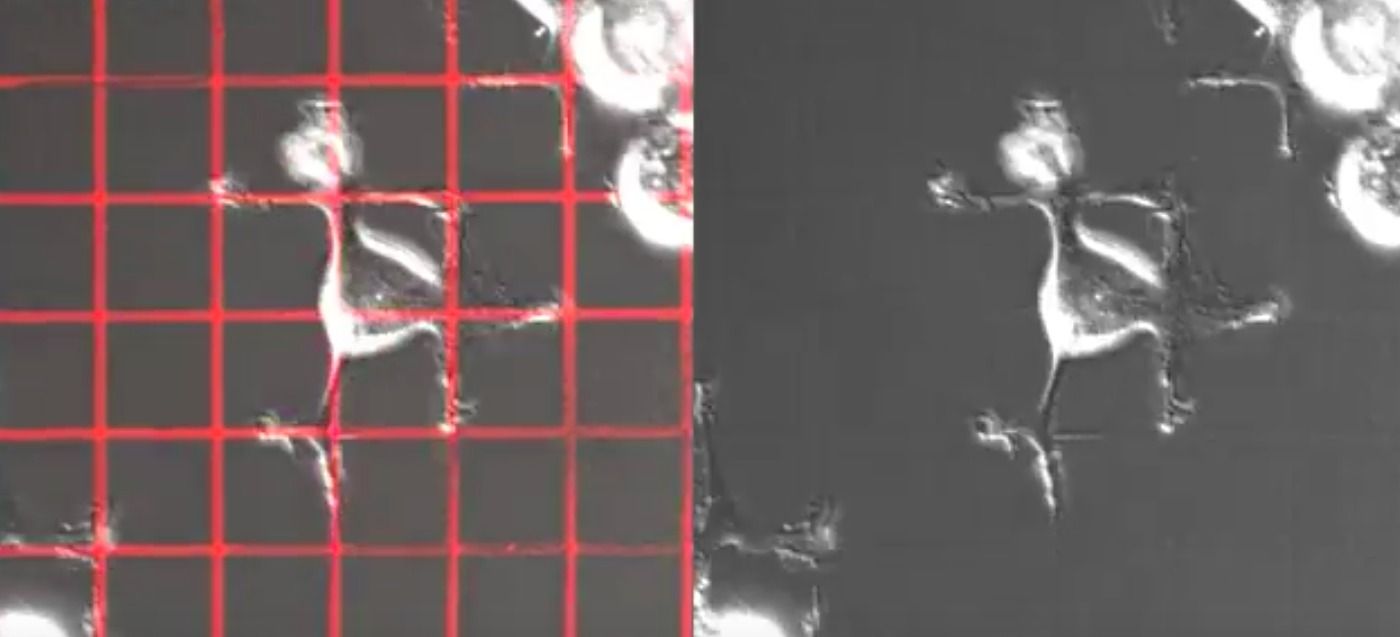
Researchers at the University of Minnesota have developed a technique to stop the movement of cancer cells. When cancer moves from a primary tumor to other sites in the body, it becomes far more dangerous to the patient, and that has driven scientists to work for years to learn more about how cancer cells migrate. This work, which was reported in Nature Communications, may help create therapeutics that can prevent cancer from spreading.
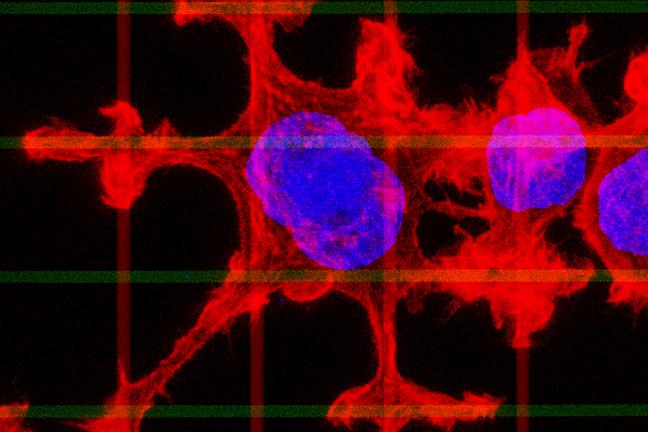
Nov 23, 2018
Riccardo Levi-Setti, Holocaust survivor who uncovered trilobites and subatomic particles, dies at 91
Posted by Genevieve Klien in category: particle physics
While on the run, he also developed a lifelong interest in fossils — possibly the result of scrambling across a fossil-filled rock pile while evading German patrols, his son said — and in physics.
Nov 23, 2018
You’ve got to move fast on #BlackFriday2018 when there are limited quantities
Posted by Michael Lance in categories: cosmology, materials
Here’s a look at fast-moving jet material from the powerful gravity of a supermassive black hole when a star wandered just a little too close: https://go.nasa.gov/2FAO1XB #BlackHoleFriday
Nov 23, 2018
Inside the plans for Chinese mega-collider that will dwarf the LHC
Posted by Genevieve Klien in category: physics
Physicist Wang Yifang, the mastermind behind the project, gives Nature an update on plans for an ambitious facility.

https://youtube.com/saveyourinternet/
Article 13 could create enormous unintended consequences for everyone. We need to come together for a better solution. Learn more how to make your voice is heard
Nov 23, 2018
Beneath Antarctica’s Ice Is a Graveyard of Dead Continents
Posted by Genevieve Klien in category: futurism
The eastern section of Antarctica is buried beneath a thick ice sheet. Some scientists simply assumed that under that cold mass there was nothing more than a “frozen tectonic block,” a somewhat homogeneous mass that distinguished it from the mixed up geologies of other continents.
But with the help of data from a discontinued European satellite, scientists have now found that East Antarctica is in fact a graveyard of continental remnants. They have created stunning 3D maps of the southernmost continent’s tectonic underworld and found that the ice has been concealing wreckage of an ancient supercontinent’s spectacular destruction.
The researchers, led by Jörg Ebbing, a geophysicist at Kiel University in Germany, reported their discovery earlier this month in Scientific Reports.
Continue reading “Beneath Antarctica’s Ice Is a Graveyard of Dead Continents” »
As a SciFri holiday tradition, we present highlights from the 28th first annual Ig Nobel Awards ceremony.
Nov 23, 2018
Researchers Just Found a Way to Turn CO2 Into Plastic With Unprecedented Efficiency
Posted by Genevieve Klien in categories: particle physics, sustainability
Researchers have developed catalysts that can convert carbon dioxide—the main cause of global warming—into plastics, fabrics, resins, and other products.
The electrocatalysts are the first materials, aside from enzymes, that can turn carbon dioxide and water into carbon building blocks containing one, two, three, or four carbon atoms with more than 99 percent efficiency.
Two of the products—methylglyoxal (C3) and 2,3-furandiol (C4)—can be used as precursors for plastics, adhesives, and pharmaceuticals. Toxic formaldehyde could be replaced by methylglyoxal, which is safer.
